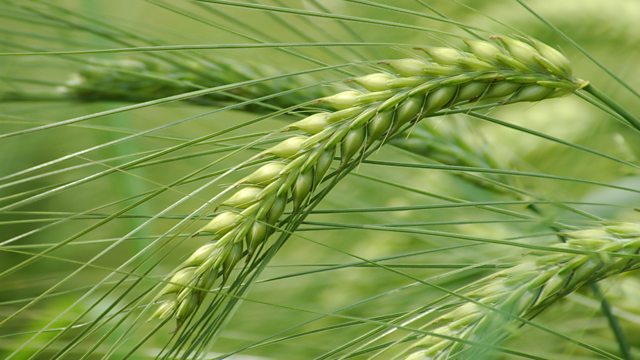Feeding the world and the Green Revolution
Turning points in arable farming.
In February 2024, the renowned Indian geneticist Dr. MS Swaminathan was posthumously awarded the country’s highest civilian honour, the Bharat Ratna. This was in recognition of the dramatic increase in the yields of food staples, such as rice and wheat, that Indian agriculture experienced under his stewardship of the ‘green revolution’ in the 20th century. That revolution is credited with saving many people from hunger and malnutrition across Asia and Latin America. And yet, half-a-century on farmers’ incomes in Africa, Asia and Europe are falling and in many countries farmers are on the streets protesting. At the same time, the environmental impacts of intensive food production are becoming increasingly clear. So do we need a new ‘green revolution’? And is the use of the latest agricultural technology, from robots to AI the answer?
Rajan Datar discusses the past and present of food growing with Professor of Economics Douglas Gollin, crop scientist Professor Nigel Halford, historian of science Dr. Madhumita Saha, robotics project manager Andreas Hofland and listeners from around the world.
(Photo: Green ear of wheat. Credit: binabina/iStock/Getty Images Plus)
Last on
More episodes
Previous
Featured
-
.
Broadcasts
- Sat 27 Apr 2024 11:06GMT����ý World Service except East and Southern Africa & West and Central Africa
- Sun 28 Apr 2024 02:06GMT����ý World Service
- Sun 28 Apr 2024 13:06GMT����ý World Service East and Southern Africa & West and Central Africa only
- Sun 28 Apr 2024 16:06GMT����ý World Service News Internet
- Wed 1 May 2024 09:06GMT����ý World Service
- Wed 1 May 2024 23:06GMT����ý World Service
Podcast
-
![]()
The Forum
The programme that explains the present by exploring the past


